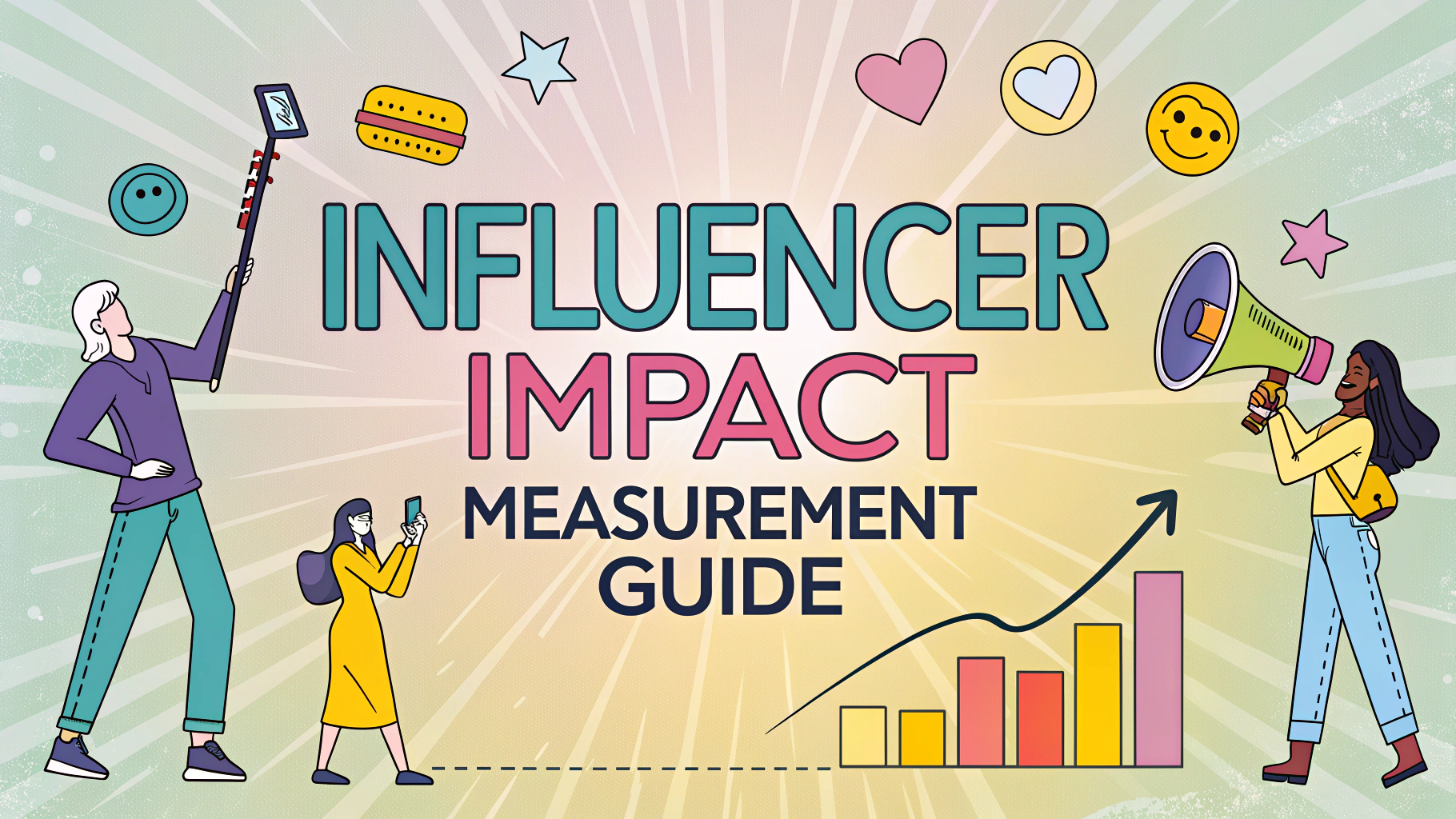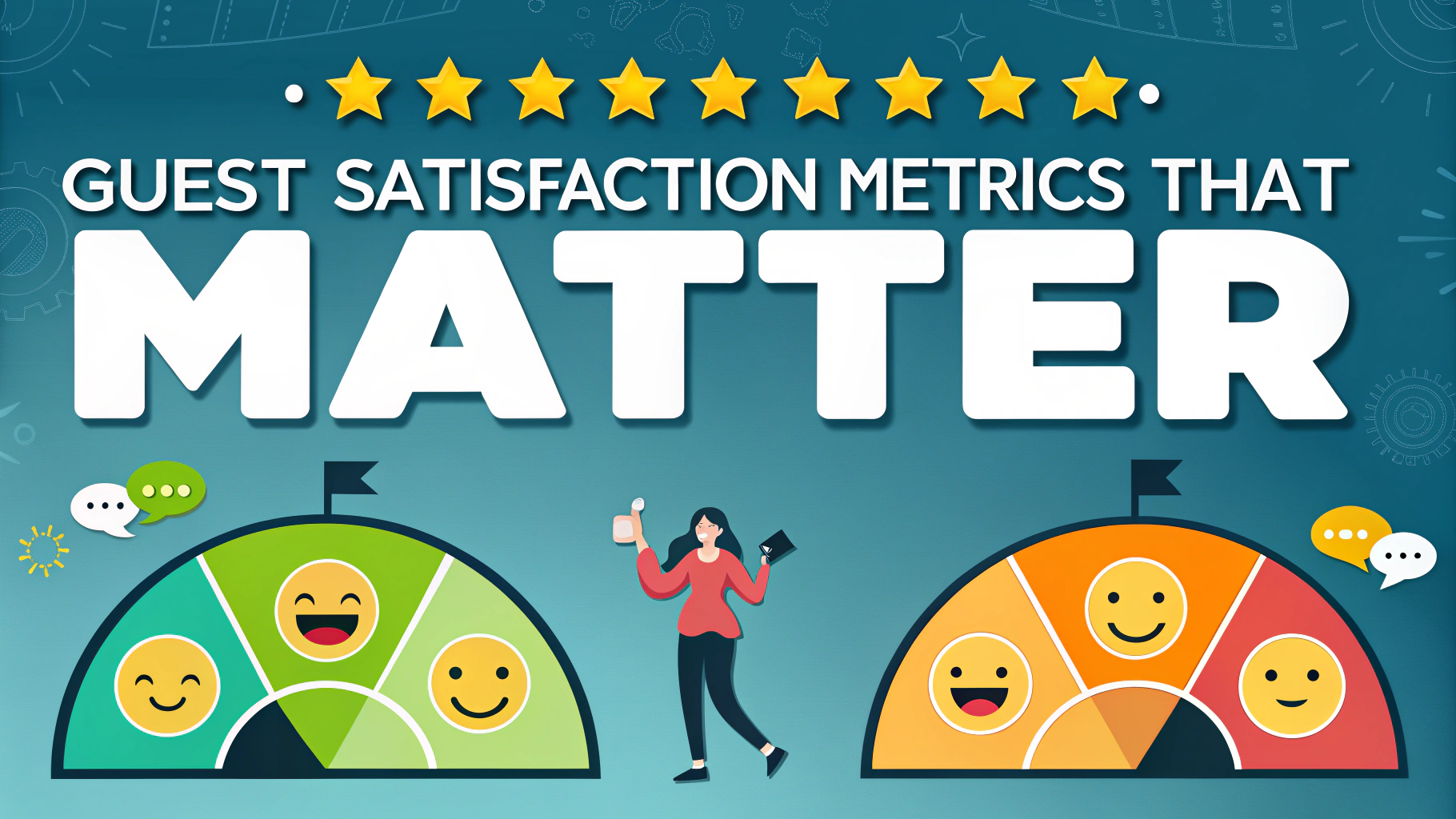A/B testing your hotel website design can significantly increase bookings and revenue when done strategically.
Testing different website elements helps identify what truly motivates potential guests to complete their reservations.
This guide outlines proven A/B testing strategies specifically for hotel websites to optimize conversion rates and maximize direct bookings.
Key Website Elements to Test
- Booking widget placement and design
- Call-to-action button colors and text
- Room photo galleries and virtual tours
- Price display formats
- Special offer presentations
- Guest reviews and social proof
Setting Up Effective Tests
Start with your booking engine as it directly impacts conversion rates.
Test one element at a time to clearly measure impact.
Run tests for at least 2-4 weeks to account for booking patterns.
Proven Test Ideas
- Header Navigation: Test simplified vs detailed menus
- Homepage Hero: Compare different image styles and messaging
- Room Listings: Test grid vs list views
- Pricing Display: Compare with/without strikethrough pricing
- Mobile Booking: Test multi-step vs single-page checkout
Tools and Implementation
Popular A/B testing tools for hotels include:
- Google Optimize (free)
- VWO (Visual Website Optimizer)
- Optimizely
- AB Tasty
Measuring Success
| Metric | What to Track |
|---|---|
| Conversion Rate | Percentage of visitors who complete bookings |
| Revenue Per Visitor | Average revenue generated per website visit |
| Booking Abandonment | Where visitors exit the booking process |
Mobile Optimization Tips
- Test thumb-friendly button placements
- Compare different mobile menu layouts
- Experiment with scroll-to-book vs fixed booking buttons
- Test image sizes and loading speeds
Next Steps for Your Testing Program
Start with a simple A/B test focusing on your main call-to-action button.
Document all test results to build internal knowledge.
Contact established A/B testing platforms for hotel-specific guidance – most offer free consultations.
For professional help, consider working with hotel marketing agencies specializing in conversion rate optimization.
Common Testing Mistakes to Avoid
- Testing too many elements simultaneously
- Running tests for insufficient time periods
- Not considering seasonal variations
- Ignoring statistical significance
- Failing to segment data by device type
Advanced Testing Strategies
Personalization Tests
- Geographic-specific content and offers
- Return visitor recognition
- Corporate vs leisure traveler segments
- Language and currency preferences
Booking Flow Optimization
- Guest information form layouts
- Payment options presentation
- Upsell placement timing
- Confirmation page design
Integration with Other Marketing Efforts
Align A/B testing with:
- Email marketing campaigns
- Social media promotions
- PPC landing pages
- Loyalty program messaging
Maximizing Your Hotel’s Digital Success
Implement a continuous testing program to stay competitive in the digital hospitality landscape.
Focus on data-driven decisions rather than assumptions about guest preferences.
Regular testing and optimization can lead to significant improvements in direct booking revenue and reduced dependency on OTAs.
Remember that guest preferences evolve – what works today may need adjustment tomorrow.
FAQs
- What is A/B testing in hotel website design and why is it important?
A/B testing in hotel website design is a method of comparing two versions of a webpage to determine which performs better in terms of conversions. It’s crucial because it helps hotels make data-driven decisions to improve booking rates, reduce abandonment, and increase revenue. - What elements should hotels prioritize when A/B testing their website?
Key elements include booking button placement, pricing display, room photo galleries, call-to-action text, special offer presentations, booking form length, mobile responsiveness, and header navigation design. - How long should an A/B test run for hotel websites?
Tests should typically run for at least 2-4 weeks to account for booking cycles, seasonal variations, and to gather statistically significant data. High-traffic sites may require less time, while lower-traffic sites may need longer testing periods. - What metrics should hotels track during A/B testing?
Essential metrics include direct booking conversion rate, time to booking, average booking value, abandonment rate, click-through rate on special offers, mobile vs. desktop conversions, and revenue per visitor. - How can hotels ensure their A/B tests are statistically valid?
Hotels should use proper sample sizes, run tests during representative time periods, avoid running multiple tests simultaneously that could affect the same metrics, and use statistical significance calculators to validate results. - What role does mobile optimization play in A/B testing?
Mobile optimization is critical as over 50% of hotel bookings come from mobile devices. Tests should specifically target mobile user experience, including load times, button sizes, form functionality, and mobile-specific navigation patterns. - How do seasonal variations affect A/B testing for hotels?
Seasonal variations can significantly impact test results. Hotels should account for peak vs. off-peak seasons, holidays, local events, and weekday vs. weekend patterns when planning and analyzing tests. - What tools are recommended for hotel website A/B testing?
Popular tools include Google Optimize, Optimizely, VWO (Visual Website Optimizer), AB Tasty, and Adobe Target. The choice depends on the hotel’s size, budget, and technical requirements. - How can hotels effectively test pricing displays and special offers?
Test different pricing display formats (with/without strikethrough prices), various urgency triggers, placement of special offers, and different messaging around value propositions while ensuring rate parity across channels. - What are common A/B testing mistakes hotels should avoid?
Common mistakes include testing too many variables simultaneously, not testing long enough, ignoring mobile users, failing to segment data properly, and making changes based on insignificant results.







